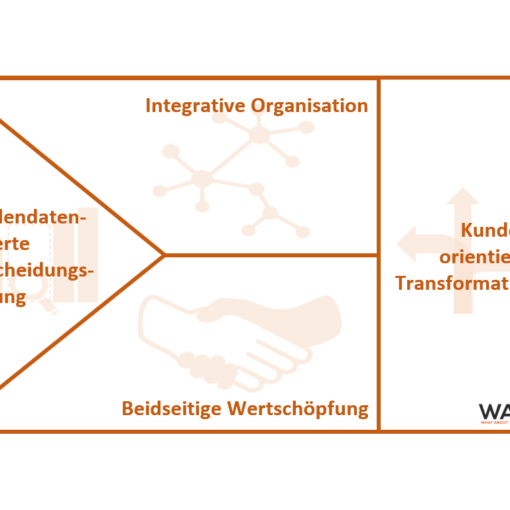In today’s dynamic marketplace, effective and efficient customer relationship management is essential for building lasting loyalty and driving sustainable growth. It goes beyond mere customer service. It requires a strategic, customer-centric approach that integrates deep customer understanding with aligned organizational processes and measurable objectives. At WATC Consulting AG, we emphasize that managing customer relationships successfully means creating mutual value while optimizing resources and continuously adapting to evolving customer needs.
WHY EFFECTIVE AND EFFICIENT CUSTOMER RELATIONSHIP MANAGEMENT MATTERS
Customer relationships are the foundation of business success. However, many organizations struggle to balance the quality of these relationships with operational efficiency. The key lies in managing relationships in a way that maximizes customer value and satisfaction while minimizing unnecessary costs and complexity. This dual focus ensures that companies not only retain customers but also foster profitable, long-term partnerships.
CORE PRINCIPLES FOR MANAGING CUSTOMER RELATIONSHIPS
- Deep Customer Understanding
Effective relationship management starts with comprehensive insights into customer needs, preferences, and behaviors. Tools like WATC’s Customer Choice Analysis© and customer journey mapping help identify critical touchpoints and pain points, enabling tailored engagement strategies. - Clear Objectives and Measurable KPIs
Defining relevant objectives – both economic (e.g., revenue, contribution margin) and behavioral (e.g., loyalty, satisfaction, advocacy) – is crucial. These objectives guide resource allocation and provide a basis for ongoing controlling and improvement. - Strategic Segmentation and Prioritization
Not all customers require the same level of attention. Segmenting customers by value and potential allows organizations to prioritize efforts efficiently, focusing on high-value relationships while automating or streamlining lower-priority interactions. - Integrated Organizational Alignment
Breaking down silos between sales, marketing, service, and support teams ensures consistent and seamless customer experiences. Cross-functional collaboration accelerates issue resolution and enhances overall relationship quality. - Continuous Monitoring and Adaptation
Ongoing controlling processes, supported by relevant KPIs and feedback loops, enable companies to track performance, detect emerging issues early, and adapt strategies to changing customer expectations and market conditions.
THE ROLE OF CO-CREATION IN MODERN CUSTOMER RELATIONSHIPS
In many industries, today’s customers expect to be partners in value creation rather than passive recipients. Integrating customers earlier in the sales and service processes fosters deeper engagement and trust. This approach transforms transactions into ongoing relationships, enhancing both customer satisfaction and business outcomes.
BALANCING EFFICIENCY WITH PERSONALIZATION
Efficiency should never come at the expense of personalization. Leveraging data-driven approaches and digital tools allows companies to deliver tailored experiences at scale, ensuring that operational excellence and customer intimacy go hand in hand.




